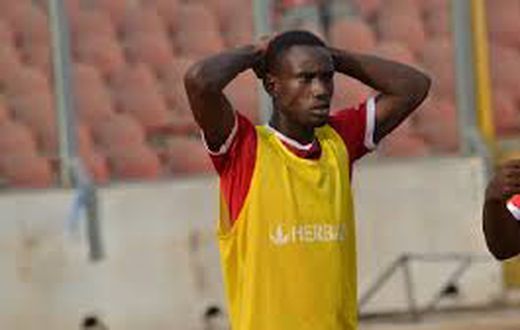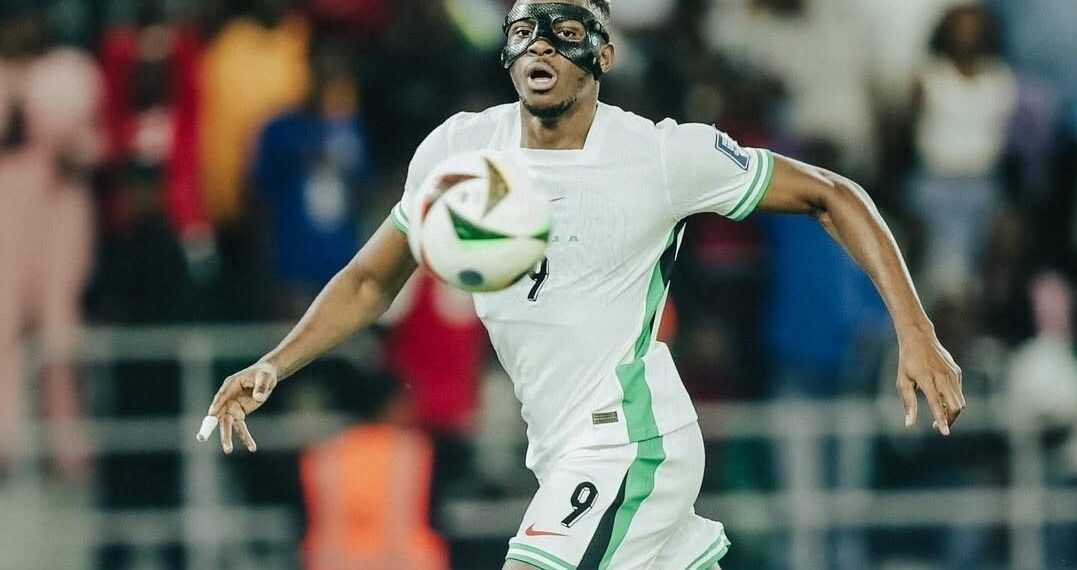In West Africa, football is more than a sport—it’s a passion that unites millions, fills local viewing centres, and sparks lively debates from Lagos to Accra. But behind the cheers and iconic jersey numbers lies a stark reality many professional footballers quietly endure. Former Asante Kotoko and AshantiGold SC player Atta Kusi’s recent remarks resonate far beyond Ghana, shining a spotlight on the economic hardships and lack of player protections that affect many local talents across Africa, including Nigeria’s own league stars.
Atta Kusi, a defender once heralded for his skill at some of Ghana’s most decorated clubs, has gone public with regret over his decision to stake his future on football within Ghana. He has described facing ongoing financial struggles, despite representing teams that draw thousands of supporters. “After all my years in the game, there’s very little to show for it,” Kusi reportedly lamented, according to Sports World Ghana. His candid confession paints a sobering picture familiar to many footballers in the regional leagues.
While the glamour of playing for elite teams like Asante Kotoko or AshantiGold might seem enviable, Kusi admitted he sometimes relies on outside help just to get by. “Sometimes mechanics—friends who didn’t even play professional football—are the ones supporting me financially now,” he reportedly shared. This statement highlights the financial precarity that can persist even after high-profile stints in the domestic leagues.
This is according to a report on Sports World Ghana, where he is quoted as saying the following.
Honestly, I regret playing football. It pains me that I didn’t learn a trade or further my education. If I had, I’d be earning a better salary than what I get from playing football in this country. Whenever I reflect on my career, playing for big clubs like Kotoko, Ashanti Gold, and Gold Stars, I’m filled with pity. It’s humiliating to have to beg my friends, who are mechanics and electricians, for pocket money.
One of Kusi’s major criticisms of Ghanaian football—and an issue mirrored in many local African leagues—is the near absence of insurance coverage for players. He pointed out that injuries often mean not just the end of a season, but the abrupt close of a footballer’s livelihood, with no safety net to fall back on. His warning to younger players is stark: “Don’t be deceived by the bright lights. If you get the chance, play abroad where your future is more secure.” Kusi’s message comes as local stars across the region dream of European contracts, seeking both career growth and basic securities often lacking at home.
I would advise all upcoming players to work hard and seek opportunities outside the country. It’s extremely challenging to make a successful career as a footballer here. Moreover, the lack of insurance for players means that a single injury can bring your career to a premature end.
Currently a free agent, Atta Kusi’s career journey also boasts spells at clubs like King Faisal and Bibiani Gold Stars, all in the Ghana Premier League. Still, his experience is not unique. In Nigeria, similar stories have surfaced from former NPFL (Nigeria Professional Football League) players, many of whom face uncertainty after retirement, scant welfare benefits, and medical bills few can afford without robust insurance.
A Lagos-based sports analyst, Chinedu Eze, notes, “These are persistent issues, not just in Ghana but in Nigeria as well. Despite the widespread passion for football, many local clubs lack even the basic insurance policies for their athletes.” According to a 2021 survey by the African Footballer Welfare Association, over 60% of professional players in West Africa had no formal health insurance or pension arrangements. This systemic shortfall exposes a deeper challenge: the vast disparity between players’ popularity and their personal safety nets.
Industry experts and football unions have repeatedly called on regional football associations to institute better welfare programs. However, implementation is inconsistent and often delayed by limited funding or poor regulation. While a few top clubs in Nigeria and Ghana now offer improved health coverage, the majority of players—especially those in second-tier teams—remain vulnerable, relying on family and friends if injury or financial crisis strikes. “It’s heartbreaking,” adds ex-goalkeeper Charles Owusu, now based in Abuja. “We need structures that protect our players during and after their careers.”
Globally, standout African players in leagues across Europe and Asia often praise the advanced support systems abroad. Many, like Nigeria’s John Obi Mikel or Ghanian legend Michael Essien, have spoken about the contrast between local and international standards, urging reforms at home. The absence of comprehensive welfare packages not only affects the well-being of current players but can also dampen the development of future talent, who may be discouraged by the risks involved in pursuing professional football locally.
Sports administration experts such as Dr. Godwin Atungwu of the University of Port Harcourt highlight another ripple effect. “When players are not protected, we lose them to other careers, or worse, risk lifelong injuries without compensation. That ultimately drags down the growth of our domestic leagues,” he explains. In the face of these realities, some federations have started small reforms—such as the NPFL’s push for mandatory health insurance in club licensing guidelines—but progress is slow and compliance uneven.
It’s also important to compare with other regions. In South Africa’s Premier Soccer League (PSL), for instance, mandated player insurance and pension contributions have led to better post-retirement outcomes for athletes. For West African leagues aiming to reclaim and retain their best talent, such models offer valuable lessons on player welfare and long-term support.
For fans, the story is a call to action. Local supporters and diaspora communities continue to celebrate their homegrown heroes, but many are unaware of the hardships behind the scenes. Open discussions about these issues can pressure clubs, sponsors, and national associations to take responsibility and elevate their policies.
As Atta Kusi’s experience comes to light, football stakeholders in Ghana, Nigeria, and wider West Africa face renewed calls to create safer, more sustainable environments for their athletes. For aspiring footballers, the dream remains bright—but so does the need for caution and due diligence when joining local clubs.
How do you think West African football leagues can better protect their players, both on and off the pitch? Share your thoughts below, and let us know what changes you’d like to see in local football. Don’t forget to follow us for more updates and exclusive interviews on the realities of African sports!
You can also reach our support team at support@nowahalazone.com for any questions.
Stay connected with our vibrant sports community! Follow us on Facebook, X (Twitter), and Instagram for breaking news, exclusive interviews, and fan debates. Your voice matters—drop a comment and join the conversation!










